NoName hackers attacked Lithuania, as their DDoS attacks continue.
Among the victims are the e-services of the Seimas, Lithuania’s parliament, and the website of Litgrid AB, a renowned Lithuanian company.
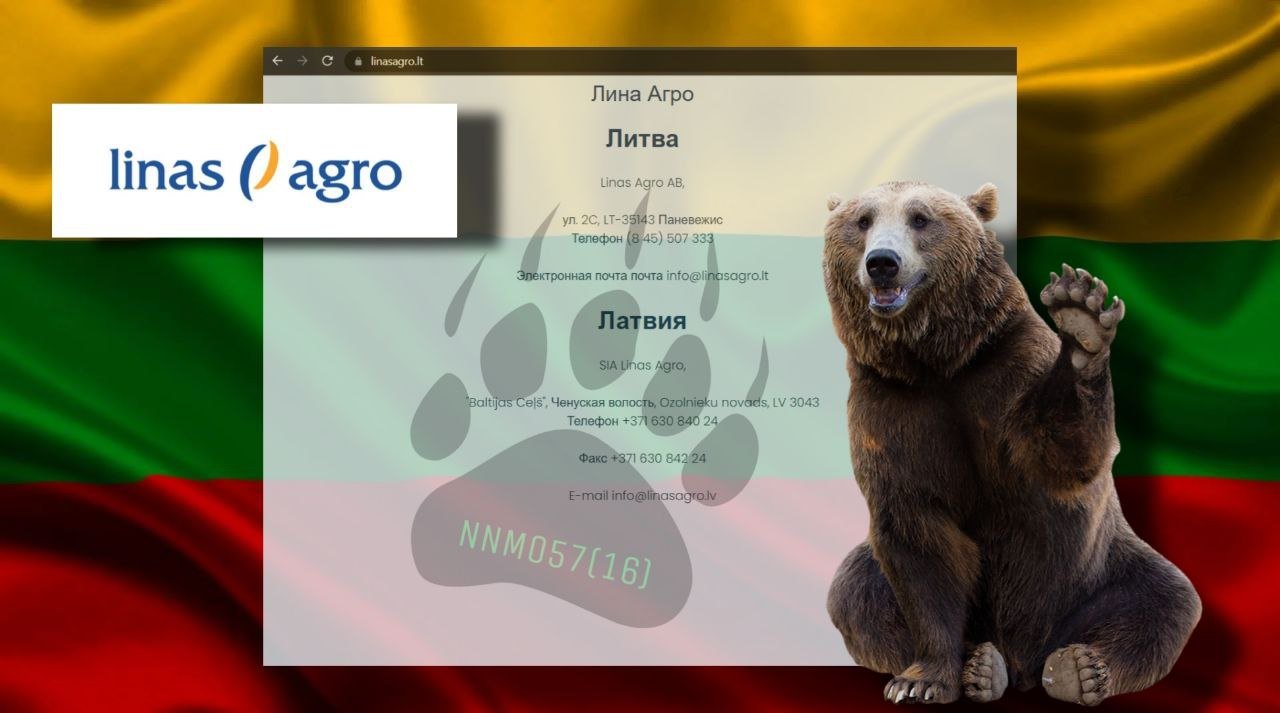
Lithuania being targeted by NoName hackers, marks another distressing episode in the ongoing series of cyber assaults by Pro-Russian hacker collectives. Threat intelligence service Falcon Feeds tweeted about these recent Lithuania cyber attack claims by the group.
The NoName hacker attack on Lithuania is just the latest in a string of malicious incidents that have plagued the country over the past year.

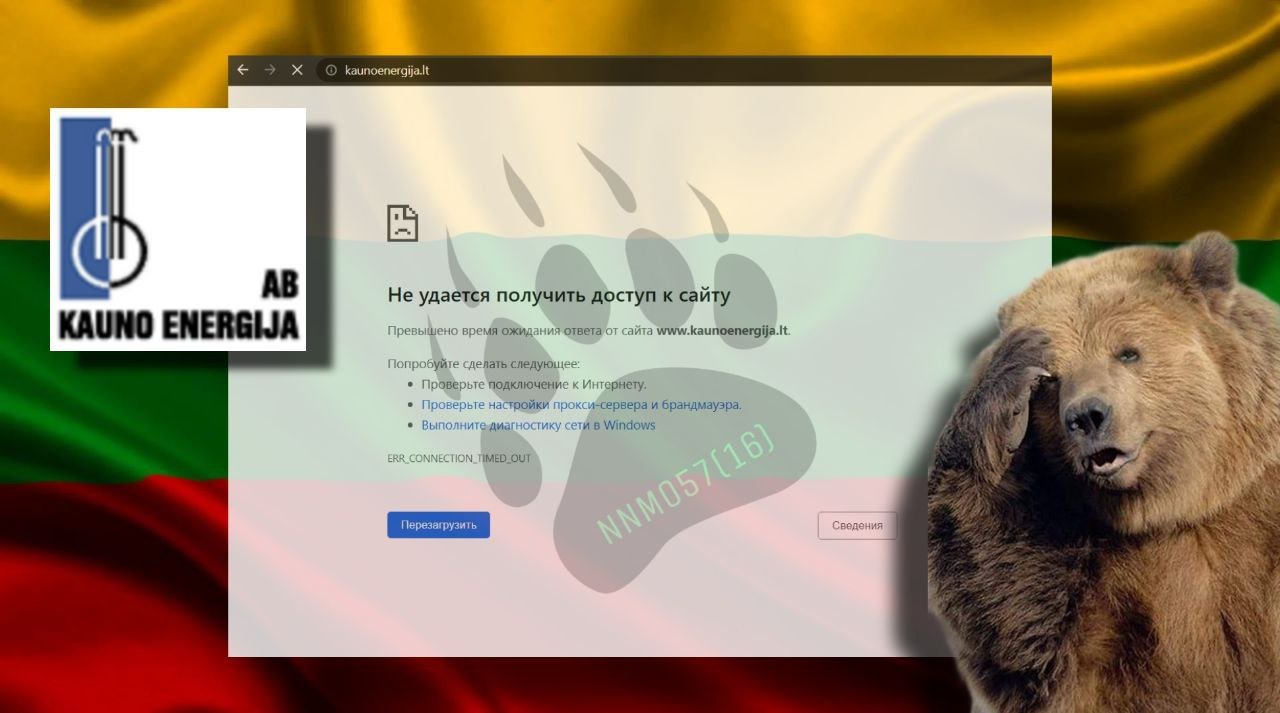
The Cyber Express has contacted the companies and government organizations that purportedly experienced the attacks. However, as of the time of writing, no official response was received from any affected parties.
NoName hackers attack Lithuania-based companies and government offices
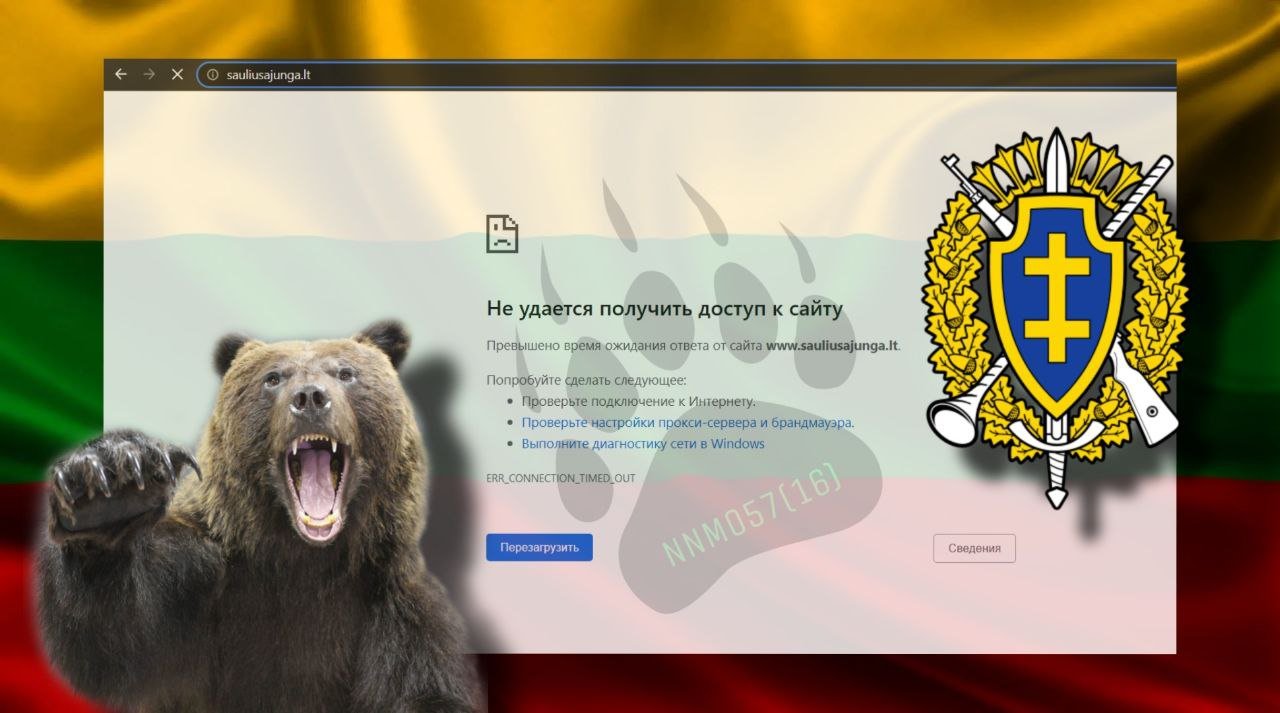
The NoName hackers attack Lithuania, including its prominent government offices and big corporations. The group has made bold claims, boasting about successfully infiltrating several organizations’ digital infrastructure.
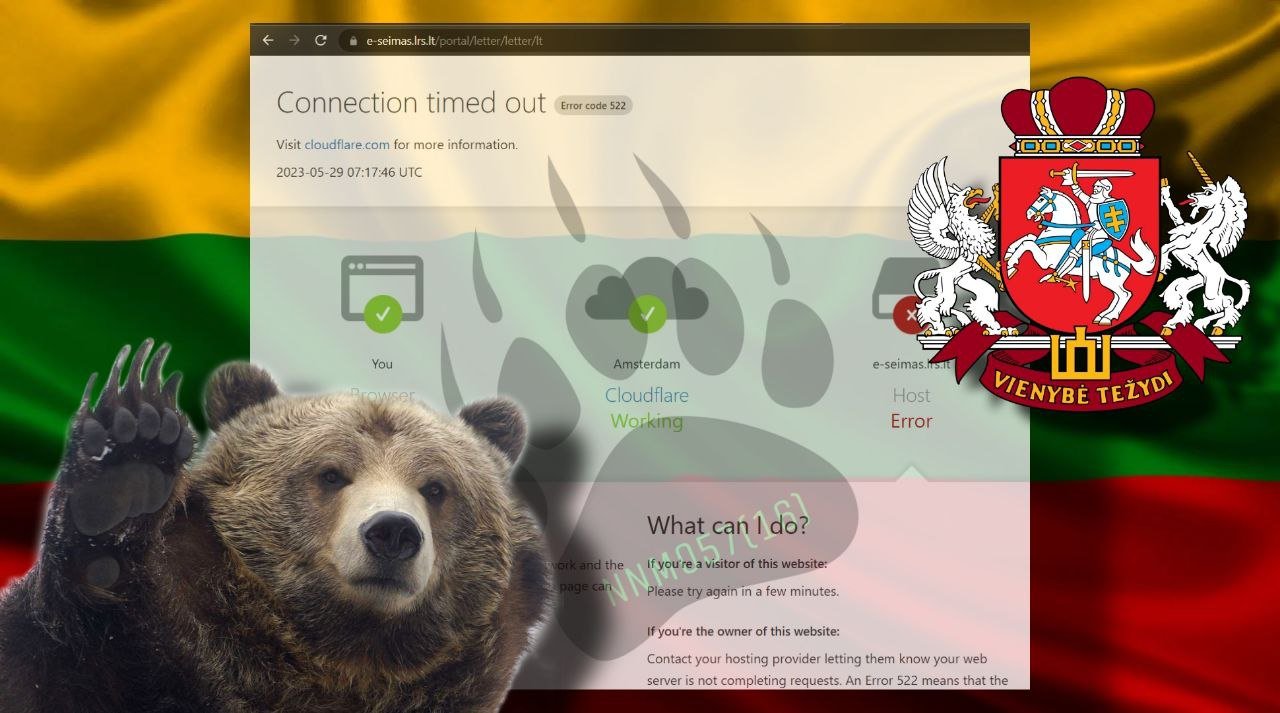
Apart from their primary targets, they also claim to have targeted the website of Linas Agro Group, one of Lithuania’s leading agricultural companies, and the website of Kauno Energija and its subdomains, a prominent energy company.
Even the website of the Lithuanian Riflemen’s Union has allegedly fallen victim to its cyber onslaught.
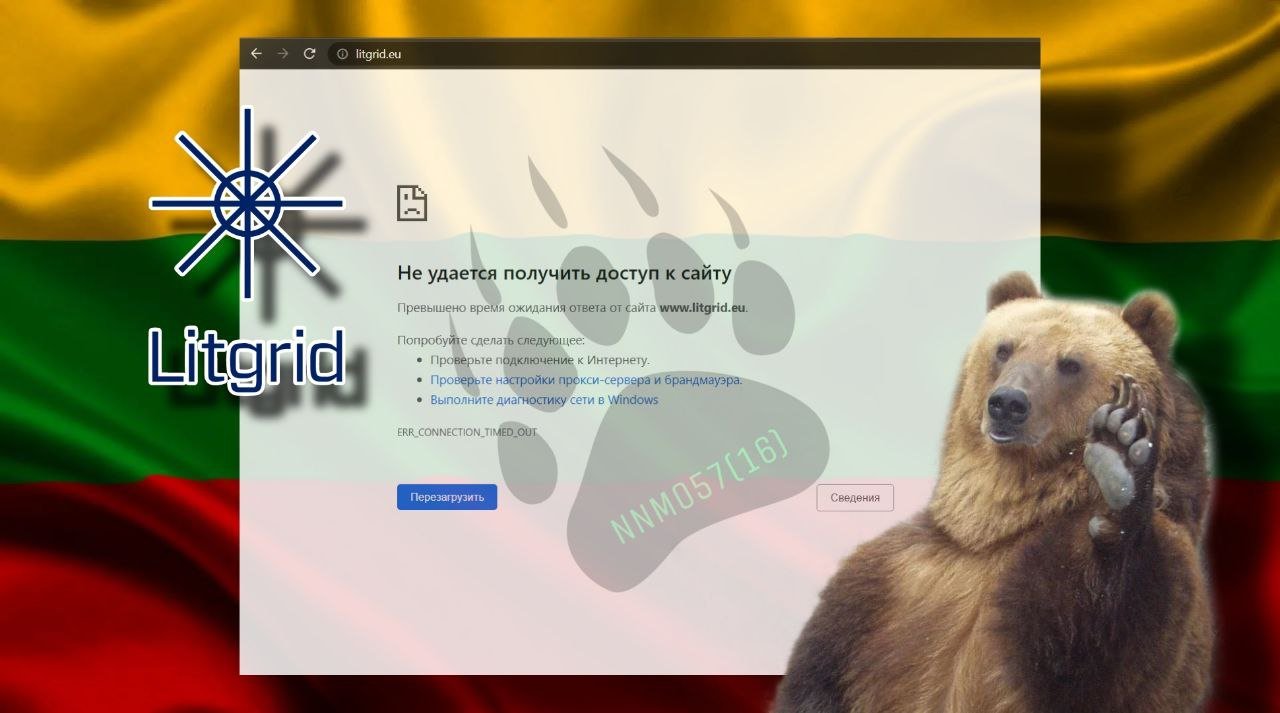
However, it is important to note that this is not the first time the country has witnessed a surge in cyber attac. The NoName hackers attack Lithuania incident bears an unfortunate resemblance to a similar incident that took place last year.
In 2022, Russian hackers targeted both state and private websites in Lithuania. They claimed the attacks were in retaliation for Lithuania’s decision to halt the transit of certain goods under European Union sanctions to Russia’s Kaliningrad exclave, reported Reuters.
This ongoing cyber warfare reflects the deteriorating relations between Lithuania and its neighbor Russia, particularly due to Moscow’s invasion of Ukraine.
Deputy Defense Minister Margiris Abukevicius shed light on the situation, stating that the main targets of these cyber attacks are state institutions, transport entities, and media websites.
The intensity and frequency of these attacks underscore the urgent need for robust cybersecurity measures to safeguard sensitive information and digital infrastructure.
While the Russian hacker group Killnet was responsible for the distributed denial of service (DDoS) attacks in 2022, the recent attacks by the NoName hacker group present a new challenge for cybersecurity experts.
Their modus operandi and sophistication remain a cause for concern as they continue exploiting vulnerabilities and compromising prominent organizations’ digital integrity.
NoName hackers attack Lithuania: What to expect?
The rise of these cyber threats highlights the critical importance of proactive cybersecurity measures and collaboration between government entities, private organizations, and cybersecurity experts.
A comprehensive approach that encompasses threat intelligence, network monitoring, and continuous security updates is essential to mitigate the risks posed by such malicious actors.
As Lithuania grapples with the aftermath of the NoName hackers’ attacks, the affected organizations and government bodies must assess the vulnerabilities exposed and take immediate action to fortify their digital defenses.
In conclusion, the recent cyber attacks claims by the NoName hacker group have put Lithuania on high alert.
As the country seeks to recover from the breaches and fortify its cybersecurity infrastructure, it must acknowledge the evolving nature of cyber threats and remain vigilant against future attacks.
The security incident serves as a reminder that cybersecurity is an ongoing battle, and it requires collective efforts to ensure the safety and integrity of digital systems and sensitive information.
Media Disclaimer: This report is based on internal and external research obtained through various means. The information provided is for reference purposes only, and users bear full responsibility for their reliance on it. The Cyber Express assumes no liability for the accuracy or consequences of using this information.
